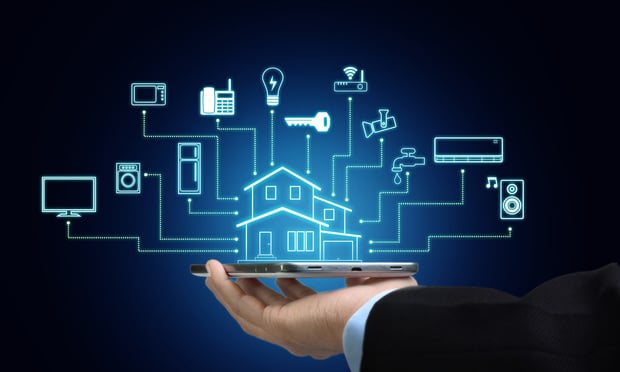 The bottom line is that smart home devices are not only transforming the way property owners monitor their spaces, but it's also changing the way insurers work and interact with policyholders. (Credit: Nmedia/Adobe Stock)
The bottom line is that smart home devices are not only transforming the way property owners monitor their spaces, but it's also changing the way insurers work and interact with policyholders. (Credit: Nmedia/Adobe Stock)
Similar to the way auto telematics have changed the auto industry, smart home devices are transforming the way property owners monitor and detect risks within their spaces, and the way insurers operate.
Recommended For You
Want to continue reading?
Become a Free PropertyCasualty360 Digital Reader
Your access to unlimited PropertyCasualty360 content isn’t changing.
Once you are an ALM digital member, you’ll receive:
- Breaking insurance news and analysis, on-site and via our newsletters and custom alerts
- Weekly Insurance Speak podcast featuring exclusive interviews with industry leaders
- Educational webcasts, white papers, and ebooks from industry thought leaders
- Critical converage of the employee benefits and financial advisory markets on our other ALM sites, BenefitsPRO and ThinkAdvisor
Already have an account? Sign In Now
© Touchpoint Markets, All Rights Reserved. Request academic re-use from www.copyright.com. All other uses, submit a request to [email protected]. For more inforrmation visit Asset & Logo Licensing.







